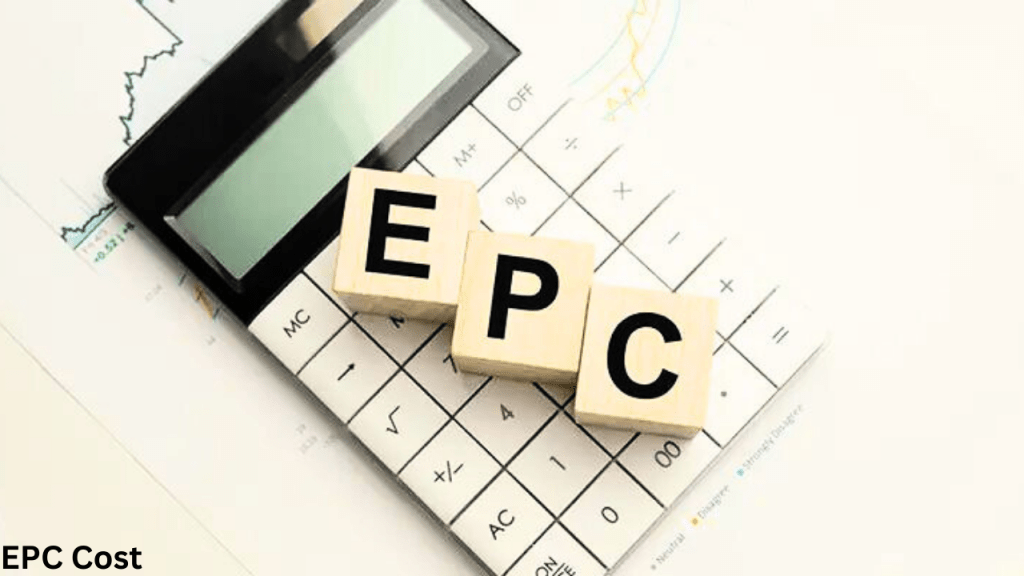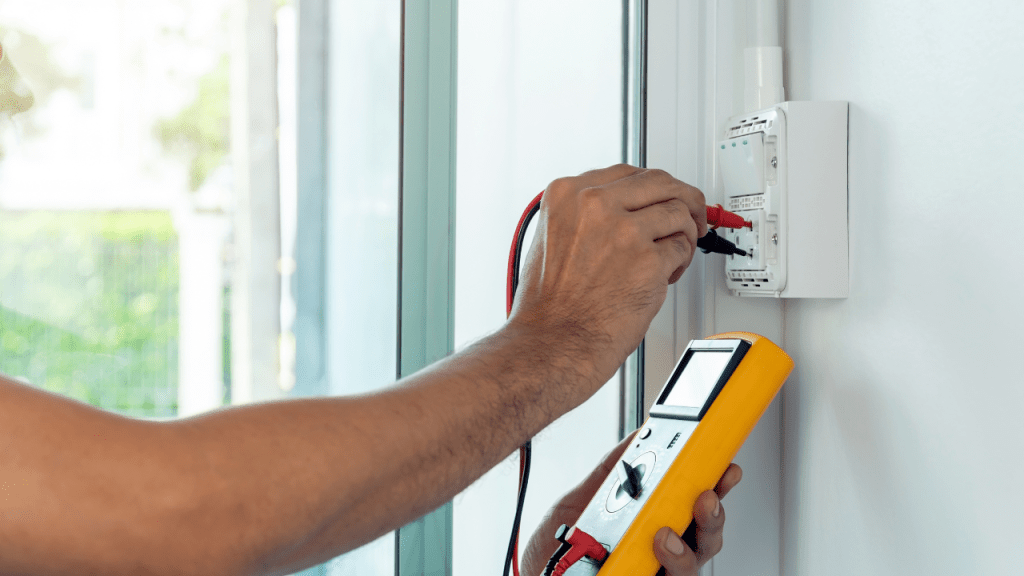Have you ever wondered how much an EPC truly costs?
The initial figures may seem straightforward, but as I delved deeper into the intricacies of Energy Performance Certificates, a complex web of factors emerged, shedding light on the varying expenses tied to this essential certification.

Join me as we unravel the mysteries surrounding EPC costs, exploring the implications of location, property size, and the importance of thorough cost evaluations.
Stay tuned to uncover the key insights that will empower you to navigate the realm of EPC expenses with confidence and clarity.
Understanding EPC Certificate Cost
Understanding the cost of obtaining an Energy Performance Certificate (EPC) involves considering various factors that influence the pricing structure for this essential document in property transactions. EPC cost saving strategies are crucial in navigating the pricing landscape. The benefits of an EPC certificate, such as identifying a property’s energy efficiency band from A to G, underline its significance in cost comparisons. EPC pricing variations stem from factors like property size, location, and building type. Comparing EPC costs for different property types is essential to gauge affordability factors effectively.
In the realm of EPC affordability factors, exploring cost-effective options through local energy assessors and negotiating with estate agents can lead to savings. Understanding the maximum EPC quote cost shouldn’t exceed £200 aids in budget management. By delving into the intricacies of EPC cost comparisons and being mindful of EPC pricing variations, one can navigate the process more adeptly while ensuring cost-effectiveness.
Ways to Reduce EPC Costs
To explore effective strategies for minimizing EPC expenses, one must analyze cost-saving approaches and practical methods to reduce financial outlays in property transactions. Cost-saving strategies are crucial in managing EPC costs efficiently.
Utilizing negotiation techniques with energy assessors and estate agents can lead to affordable options for obtaining an EPC. Seeking out budget-friendly solutions through comparison shopping and exploring different providers can help in reducing overall EPC expenses. Price reduction tips such as requesting quotes from multiple assessors and discussing cost-cutting measures can contribute significantly to lowering the total EPC expenditure.
EPC Importance and Requirements
Exploring the significance and mandatory nature of Energy Performance Certificates (EPCs) in property transactions underscores their pivotal role in ensuring compliance and assessing energy efficiency. EPC assessment benefits include identifying energy wastage areas and recommending improvements, such as upgrades to windows and heating controls.
The energy efficiency impact is substantial, with higher ratings leading to lower energy bills and enhanced property value. Poor EPC ratings can decrease property value and affect saleability, making it crucial to strive for higher efficiency ratings.
Effective cost-saving strategies involve finding competitive pricing by obtaining multiple quotes from accredited assessors and negotiating for potential cost absorption. Accreditation verification is essential to guarantee the authenticity and accuracy of the EPC documentation, ensuring compliance with regulatory standards.
Process of Obtaining an EPC

When obtaining an Energy Performance Certificate (EPC), the initial step involves contacting a certified domestic energy assessor to conduct a thorough property survey. The EPC survey process includes an evaluation of walls, windows, insulation, roof, and boiler, lasting approximately 45 minutes to an hour.
The assessor will then provide recommendations for energy-saving improvements such as upgrading windows, heating controls, and lighting. Following the assessment, the Energy Performance Certificate is requested via email, detailing the property’s energy efficiency rating from A to G. This rating holds significant importance as properties rated F or G are restricted from being let to tenants.
To enhance the EPC rating and benefit from lower energy bills, consider technologies to improve energy efficiency. When looking to save on EPC costs, compare quotes from local assessors, negotiate potential cost absorption with estate agents, and seek cost-effective options from assessors in your area.
Factors Influencing EPC Cost
Analyzing the various factors influencing the cost of an Energy Performance Certificate (EPC) reveals critical aspects that impact pricing in property assessments. Cost saving strategies can be employed by comparing quotes from different assessors and negotiating with estate agents for potential cost absorption.
The location impact is significant, with EPC costs varying between wealthy and non-wealthy areas. Assessor credentials play a crucial role in determining the cost, emphasizing the need to verify their authenticity through the EPC register.
Property size is another key determinant, with larger properties incurring higher EPC costs due to increased survey requirements. Moreover, pricing transparency is essential, and it’s recommended that the maximum EPC quote cost shouldn’t exceed £200 to ensure fairness and consistency in the pricing structure.
Choosing a Reliable EPC Assessor

How can one ensure the selection of a reliable EPC assessor for property evaluations?
When choosing an EPC assessor, it’s crucial to consider the assessor’s qualifications, reputation, and commitment to providing reliable assessments. Assessors should possess the necessary credentials and be listed on the official EPC register to ensure authenticity and compliance.
It’s advisable to avoid arranging assessments through estate agents to prevent potential additional fees and ensure the validity of the assessment documentation. Transparency in pricing is key, so seeking assessors who offer cost-effective options while maintaining quality assessments is essential.
Evaluating assessors based on their experience, reputation, and track record can help in making an informed decision. By conducting thorough research, comparing options, and prioritizing reliable assessments, one can select a dependable EPC assessor for accurate property evaluations.
Frequently Asked Questions
Are There Any Additional Costs Associated With Obtaining an EPC Certificate Besides the Standard Assessment Fee?
When obtaining an EPC certificate, beyond the standard assessment fee, additional fees or hidden costs may arise. Understanding the price breakdown is crucial to anticipate unexpected expenses and cost implications. Conduct thorough research to avoid surprises.
How Often Should an EPC Assessment Be Conducted for a Property?
Assessing property for Energy Performance Certificates is crucial for maintaining energy efficiency, regulatory compliance, and sustainability goals. Frequency of assessment should align with property changes and regulations, ensuring optimal efficiency and adherence to standards.
Can a Property Owner Request a Re-Assessment of Their Property to Potentially Improve Its EPC Rating?
I can request a re-assessment to enhance my property’s EPC rating. Benefits include improved energy efficiency, increased property value, cost savings, and sustainability enhancements. Re-assessments pinpoint areas for upgrades, optimizing energy performance and elevating overall property appeal.
Are There Any Government Incentives or Grants Available to Help Cover the Cost of Energy-Saving Improvements Recommended in an EPC Assessment?
Government incentives, grants, and funding options exist to aid in covering costs of energy-saving improvements recommended in EPC assessments. Financial assistance facilitates implementing efficient measures, ensuring sustainability and reducing expenses for property owners.
How Does the EPC Rating Impact the Overall Value of a Property in the Real Estate Market?
The EPC rating has a significant impact on property value in the real estate market. A higher rating signifies better energy efficiency, enhancing property value. Implementing recommended improvements can boost the rating, influencing potential buyers positively.
Conclusion
In conclusion, the cost of an EPC can vary depending on various factors such as property size, location, and the assessor chosen. By understanding the importance of EPC certification and exploring ways to reduce costs, property owners can make informed decisions to ensure efficiency and compliance.
It’s essential to carefully consider all aspects of EPC expenses to navigate the realm of property assessment effectively.









